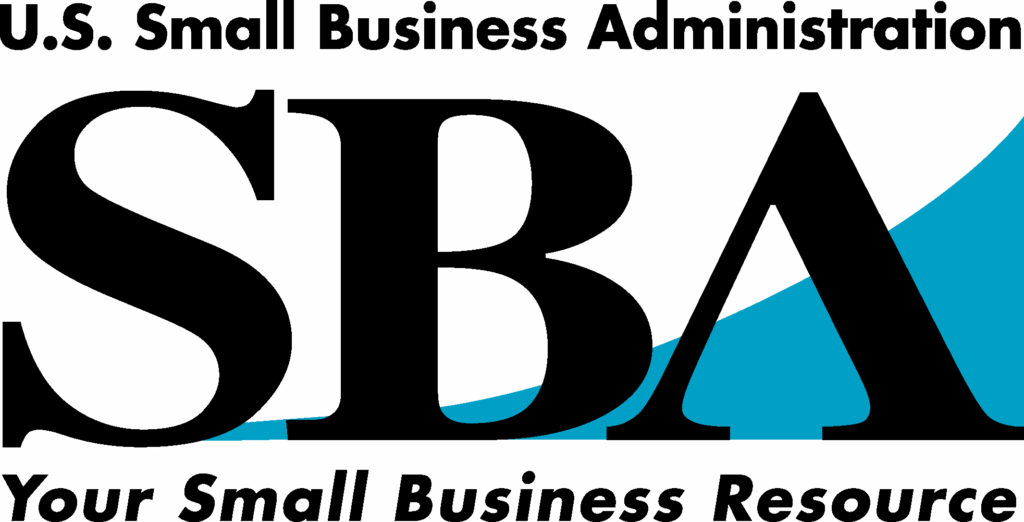Using SBA Financing to Buy a Business or Sell to Key Employees

Financing guaranteed by the Small Business Administration is widely misunderstood – and thereby underutilized – by business owners. In 2016 the SBA 7(a) program was authorized for $26.5 billion but only $24.5 billion was actually deployed. The definition of “Small Business” for these purposes includes companies with as many as 1,000 employees in many industries.
We will focus here on two related purposes, buying a business and selling your business to key employees using SBA financing under the SBA 7(a) program which has a lending limit of $5 million.
Misconceptions
(1) The SBA does not actually lend any money in a 7(a) deal. Local banks are the lenders and the SBA provides guarantees for a portion of the loan – typically 75%. Since their risk is reduced, banks will lend in situations that won’t normally qualify per usual credit standards.
(2) You must apply for a loan directly to a bank – not the SBA. Although there are some general SBA mandated rules, every bank that participates in the SBA program has its own lending requirements and standards.
Using SBA Financing to Buy a Business
So why use SBA financing when buying a business? Scott Stevens, First Vice President for SBA Lending at 44 Business Capital states that “the biggest reason is that SBA financing rules are much more generous to borrowers than standard commercial bank financing”. For smaller deals, where the total intangible value is less than $500,000, SBA will finance up to 85% of the purchase price.
SBA rules have drawbacks in business acquisition deals. Earn-outs are not permitted and any seller employment contract is limited to one-year. SBA loans also have an additional cost – a guarantee fee. The guarantee fee and other closing costs can be financed as part of the loan.
SBA loans have additional specific advantages compared to conventional financing. There are no performance covenants, no balloon payments, no prepayment penalties, and veterans have the guarantee fee waived for loans less than $350,000.
Using SBA Financing to Sell a Business to Key Employees
What about using SBA financing for a sale to key employee(s)? As I have discussed previously in these pages (see “Boomer Bust”, April, 2016, and “Recruit Your Successor”, December 2014), sales to employees are likely to become more common as the baby boomer retirement wave crests and the pool of outside buyers decreases. Employees invariably don’t have the cash necessary for conventional financing and usually don’t have the minimum 10% down payment required for SBA financing.
A typical employee successor plan will involve paying stock bonuses to the employee over a period of two – five years in lieu of a portion of the employee’s cash compensation. The goal is to transfer 10% of ownership to the employee over a period of years at a minimum cash cost and in a tax effective manner. With this ownership stake and a proven track record of (shared) management of the business, the key employee is well positioned to obtain SBA financing for the purchase of the remaining equity with additional seller financing of no more than 15%.
Conclusion
Sometimes the only way a deal can get done is with SBA financing. We emphasize that not all SBA lenders are the same. Be prepared to shop around to get the best financing deal. Considering that you can buy a multi-million dollar business for only 10% down, it is worth the effort.
This blog is an excerpt from my article featured in the June 2017 issue of Business2Business magazine.
